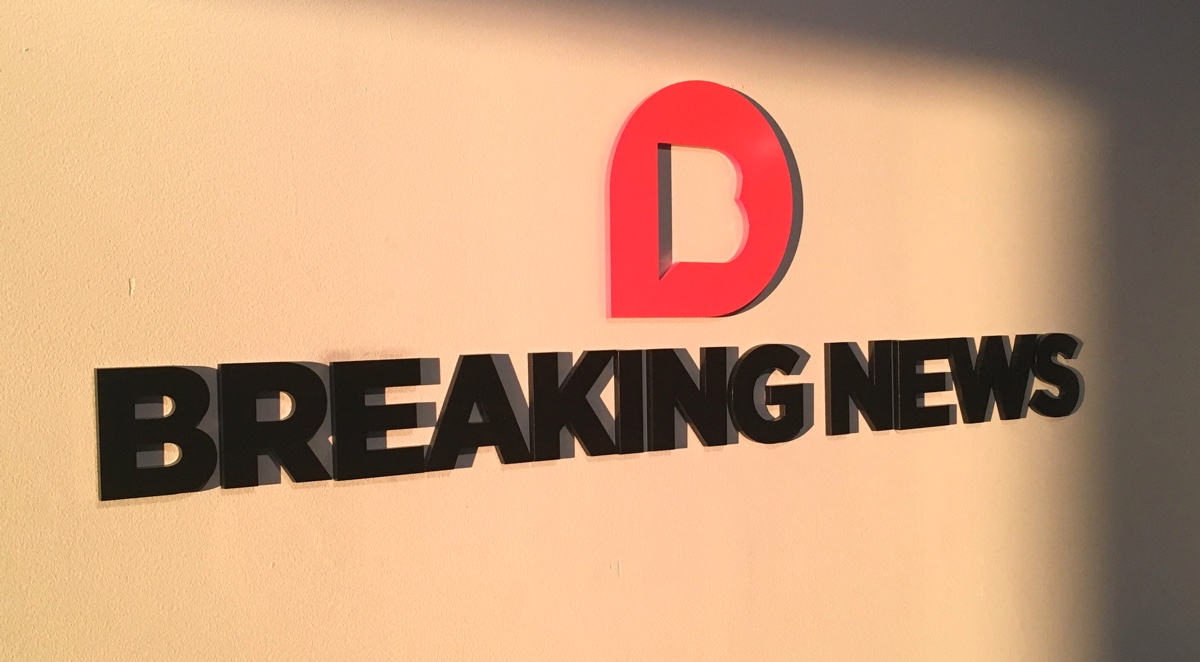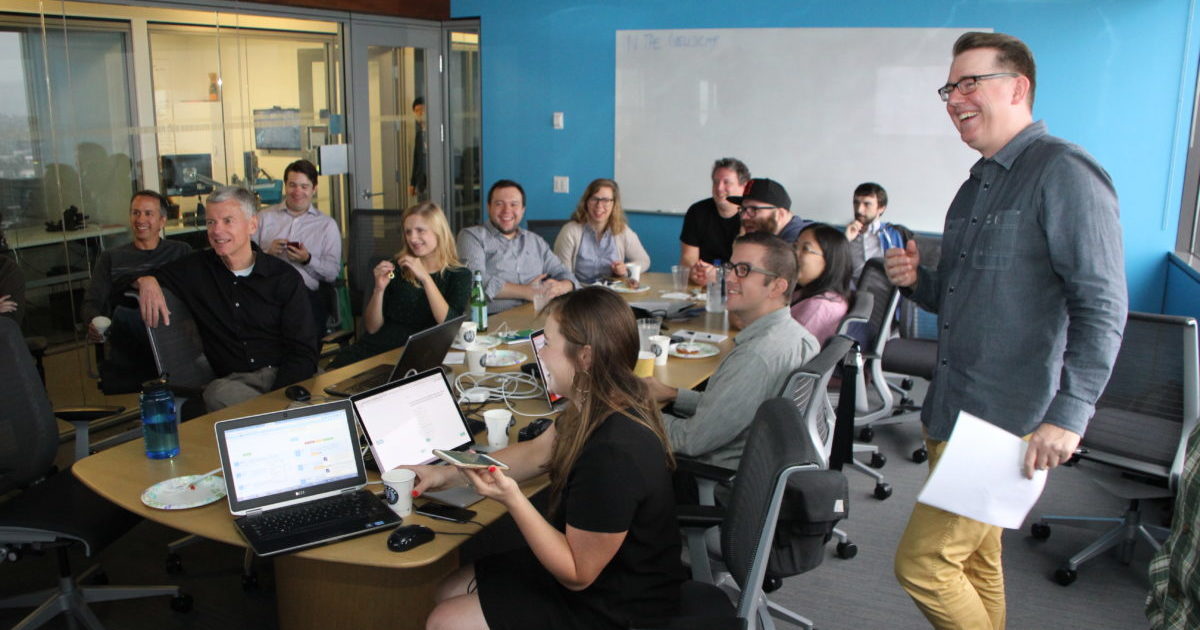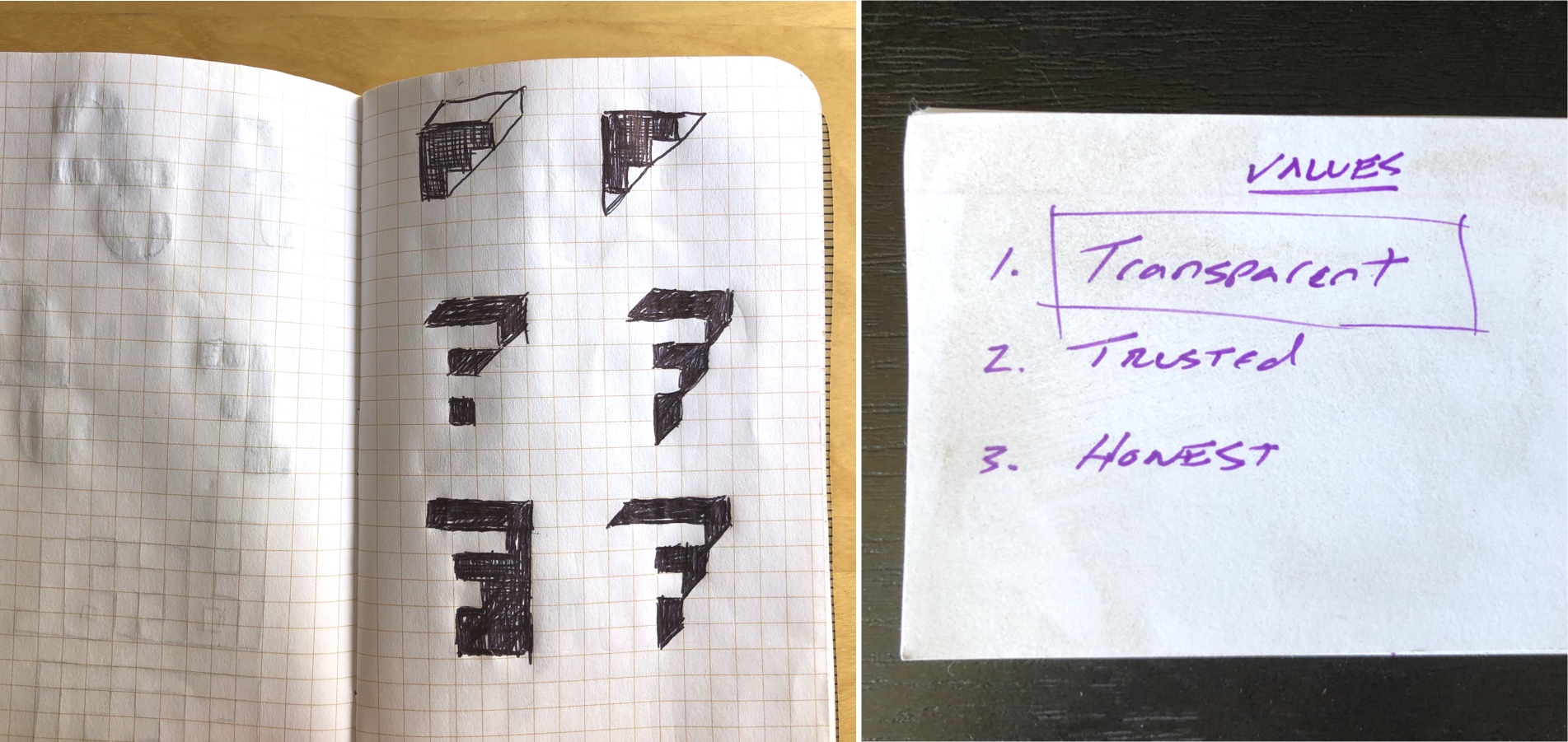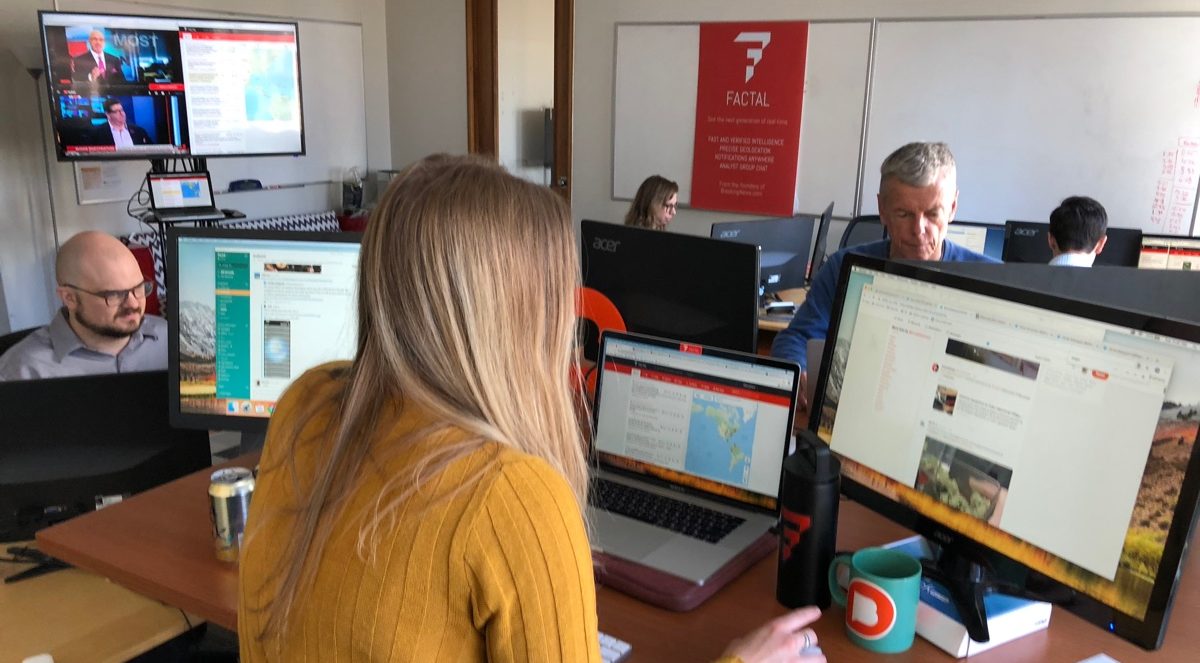
Most startup stories begin with an idea. This one begins with another organization called Breaking News.
In 2009 a small team inside MSNBC Interactive, a joint venture of Microsoft and NBC News, embarked on an experiment to reimagine breaking news. We set up shop inside a small office a few doors down from the msnbc.com newsroom on the Microsoft campus.
Fueled in large part by Twitter’s growing popularity, we believed the shift to mobile and social media would bring profound changes to breaking news. We started by acquiring the rights to the Twitter account @breakingnews from Michael Van Poppel, a 20-year-old Netherlands resident. We followed it up with the purchase of the domain BreakingNews.com. With the unique brand Breaking News in place, we got to work on building a new kind of news service that would ultimately lead to the launch of Factal.
Traditional news organizations cover breaking news firsthand. But Breaking News was the first news organization to “teleport” into stories by observing and comparing what eyewitnesses, officials and reporters were posting on the Internet – not as a way to amplify our coverage, but to power our 24/7 coverage outright. Similar to reporters on scene, we identified details, verified facts and provided context, sourcing every detail back to the originator – fast.
We called this “virtual coverage,” and the Boston bombing and manhunt was one of the first big stories to put our model to the test. Bogus reports of additional explosions and suspect descriptions flooded the Internet. Amid the furor, three respected news organizations reported an arrest, citing an anonymous source. But instead of publishing the news, we decided to wait a few minutes.
As we wrote in a blog post later that day:
As a curation team that’s literally branded “Breaking News,” waiting is agonizing. We watched the tweets stream across the screen, but something just didn’t feel right.
“Lots of noise in the system right now,” explained Tom Brew, who heads Breaking News’ editorial team.
We turned out to be right – there was no arrest, and the three news organizations had fallen victim to bad information. We learned that the virtual coverage model is not only faster – 14 minutes faster, on average – but just as accurate as traditional methods.
At the same time, our technology team cranked out innovative features in the Breaking News mobile app. You could “follow” and “mute” topics to power your own personal news notifications. (For example, muting the Olympics would avoid spoilers if you were watching on delay – and of course, you’d definitely want to mute Justin Bieber.)
But the most formative moment in Breaking News’ history – and the later launch of Factal – was the debut of proximity alerts, an innovative service that notified users when a breaking news event occurred physically nearby. This transformed us from a personalized breaking news app to a powerful safety tool.
Can’t recommend the @BreakingNews app enough. It’s how I first learned of the #ParisAttacks and decided to stay in after dinner, thankfully
— Oh Well, I’m Chad (@cjam) November 14, 2015
The Paris attacks were a watershed moment for our proximity alerts. Our first news updates – which outpaced every English-language source – were targeted as push notifications to Breaking News app users in Paris. While in Paris with a film crew, Al Gore was notified of the nearby terror attacks from the Breaking News app, which became a scene in a documentary.
Breaking News grew into a word-of-mouth hit. The app and site became a favorite among the global news media, government, corporate leadership and NGOs. BreakingNews.com was displayed in the White House Situation Room and on the wall of the world’s largest newsrooms. Sen. John McCain even called it his favorite news app. We made a promotional video featuring an old-school TV news anchor explaining how Breaking News has “actual grown-ups who care about things like fact-checking.” The app attracted extremely loyal users from all political persuasions, an unusual phenomenon in the news space.

Breaking News team retreat in 2016
As we entered summer of 2016, we launched a final innovation. With a couple quick taps, app users shared simple news tips with other users in the same vicinity: smoke from a fire, police activity, power outage or an earthquake. These anonymous, geolocated tips also fed into our newsroom, helping us triangulate eyewitness reports and improve our coverage.
In just two weeks’ time, users had shared tips from 72 countries. We saw spikes in tips from earthquakes, wildfires and floods – often preceding social media reports. We were the first news organization in the world to post news about the Nice, France, terror attack. Later that year, our tipping feature won the top journalism award for online innovation.
But this is where our first story ends.
A little over a month after the 2016 election, NBC announced it was shutting down Breaking News and laying off the team at the end of the year. NBC, which had acquired MSNBC Interactive along with Breaking News in 2012, said it wasn’t attracting enough advertising dollars. Late the night of Dec. 31, we reluctantly gathered in the newsroom to watch managing editor Stephanie Clary click the button that shut it down.
We were inundated with email from stunned individuals, corporations, newsrooms, NGOs and other organizations around the world that relied on Breaking News to make sense of what’s happening and keep people safe.
“Breaking News was literally my lifeline as I made decisions about our safety during that long, terrifying, sleepless night,” wrote one woman who ran for her life during the Nice, France terror attack. “You have saved lives, given light in the dark and hope in terror.”
While it was the abrupt end of Breaking News, this incredible outpouring of support led to the beginning of a new company with a public service mission to protect people from imminent harm and help those in immediate need.
Factal was officially born on September 22nd, 2017.

Factal logo sketches and company values
Created by Breaking News’ co-founders Ben Tesch, Cory Bergman and Charlie Tillinghast – with help from Tom Brew – we ran months of beta tests with several Fortune 500 companies that had relied on Breaking News to help protect their employees, minimize risk and keep their global operations running smoothly.
Factal hired several more Breaking News alumni, including Jillian Stampher, David Wyllie and Rebecca Bratek, and we set up newsrooms in Seattle and London. Factal launched 24/7 operations in October 2018, and we closed our seed investment round in full a few months later.

The first Factal office in downtown Seattle
Just like before, we built a newsroom with the best breaking news journalists in the business. As a news organization, we crafted an extensive code of ethics that emphasizes truth, transparency and human rights. But we also built next-generation technology to expedite breaking news detection, verification, geolocation and collaboration. We added enterprise-strength features to enable the largest global organizations to rise above the noise and respond to critical events with unprecedented speed and productivity.
With corporate clients providing the revenue, we opened up Factal for free for humanitarian aid and disaster relief NGOs a few months later. Non-profits like Team Rubicon, Direct Relief and World Central Kitchen now rely on Factal to dispatch crews and direct resources to help people impacted by hurricanes, earthquakes and outbreaks around the globe.
While Breaking News was designed for the social media age, we built Factal for the mis- and disinformation age. There’s no higher urgency to get the facts right than when a breaking news event puts people at risk. And there’s no more dangerous and disorienting time than the present.
To everyone who supported us at Breaking News and now at Factal, we thank you. We couldn’t have done it without you, and we’re just getting started.
#FactsSaveLives
To learn more about Factal, visit Factal.com. If you work in security for an enterprise organization or NGO, you can request a 30-day trial of Factal here.
